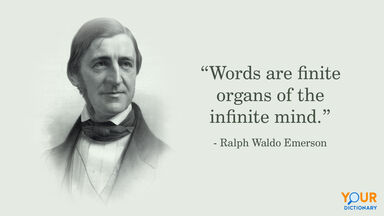It is particularly noteworthy from the phosphorescence which it exhibits when heated, or after exposure to the sun's rays; hence its synonym "Canton's phosphorus," after John Canton (1718-1772), an English natural philosopher.
Progress in these two lines is by no means uniform; while, for example, palaeontology enjoyed a sudden advance early in the 19th century through the discoveries and researches of Cuvier, guided by his genius as a comparative anatomist, it was checked by his failure as a natural philosopher.
Pascal's work as a natural philosopher was not less remarkable than his discoveries in pure mathematics.
The publication of these discoveries led to a series of controversies which lasted for several years, in which Newton had to contend with the eminent English natural philosopher Robert Hooke; Lucas, mathematical professor at Liege; Linus, a physician in Liege, and many others.
In 1699 Newton's position as a mathematician and natural philosopher was recognized by the French Academy of Sciences..





